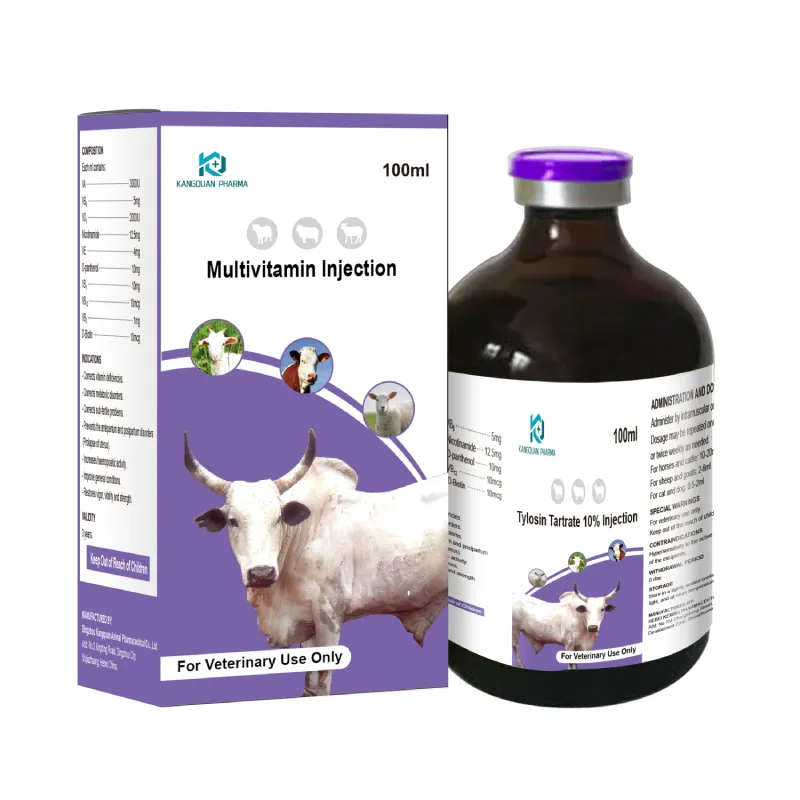- Afrikaans
- Albanian
- Amharic
- Arabic
- Armenian
- Azerbaijani
- Basque
- Belarusian
- Bengali
- Bosnian
- Bulgarian
- Catalan
- Cebuano
- Corsican
- Croatian
- Czech
- Danish
- Dutch
- English
- Esperanto
- Estonian
- Finnish
- French
- Frisian
- Galician
- Georgian
- German
- Greek
- Gujarati
- Haitian Creole
- hausa
- hawaiian
- Hebrew
- Hindi
- Miao
- Hungarian
- Icelandic
- igbo
- Indonesian
- irish
- Italian
- Japanese
- Javanese
- Kannada
- kazakh
- Khmer
- Rwandese
- Korean
- Kurdish
- Kyrgyz
- Lao
- Latin
- Latvian
- Lithuanian
- Luxembourgish
- Macedonian
- Malgashi
- Malay
- Malayalam
- Maltese
- Maori
- Marathi
- Mongolian
- Myanmar
- Nepali
- Norwegian
- Norwegian
- Occitan
- Pashto
- Persian
- Polish
- Portuguese
- Punjabi
- Romanian
- Russian
- Samoan
- Scottish Gaelic
- Serbian
- Sesotho
- Shona
- Sindhi
- Sinhala
- Slovak
- Slovenian
- Somali
- Spanish
- Sundanese
- Swahili
- Swedish
- Tagalog
- Tajik
- Tamil
- Tatar
- Telugu
- Thai
- Turkish
- Turkmen
- Ukrainian
- Urdu
- Uighur
- Uzbek
- Vietnamese
- Welsh
- Bantu
- Yiddish
- Yoruba
- Zulu
Nov . 19, 2024 01:58 Back to list
genalten gentamicin sulfate
Gentamicin Sulfate An Overview
Gentamicin sulfate is an important aminoglycoside antibiotic that is widely used in clinical settings for the treatment of various bacterial infections. It is derived from the bacterium Micromonospora purpurea and has been utilized since the 1960s due to its effectiveness against a range of pathogens, particularly Gram-negative bacteria. The understanding of gentamicin sulfate’s mechanisms, uses, and potential side effects is critical for healthcare professionals as well as patients receiving this medication.
Mechanism of Action
Gentamicin works by inhibiting bacterial protein synthesis. It binds to the 30S ribosomal subunit of susceptible bacteria, leading to the misreading of mRNA and ultimately preventing the production of essential proteins required for bacterial growth and replication. This bactericidal effect makes gentamicin highly effective against various infections, especially those caused by organisms such as Escherichia coli, Klebsiella pneumoniae, and Pseudomonas aeruginosa.
Indications
Gentamicin sulfate is primarily used in the treatment of serious infections caused by susceptible bacteria. It is especially useful in cases of sepsis, respiratory tract infections, urinary tract infections, and infections in patients with compromised immune systems. Additionally, it is often employed in combination with other antibiotics to provide a synergistic effect, particularly in serious infections like endocarditis or osteomyelitis.
Healthcare practitioners sometimes use gentamicin for prophylactic purposes, such as before surgical procedures in patients at high risk for infection
. In ophthalmology, gentamicin sulfate is available in topical formulations for treating bacterial infections of the eye, including conjunctivitis.Administration and Dosage
genalten gentamicin sulfate

Gentamicin is administered via different routes, including intravenous (IV), intramuscular (IM), and topical applications, depending on the type and severity of the infection. The dosage is typically adjusted according to the patient's age, weight, kidney function, and the severity of the infection.
Therapeutic drug monitoring is essential when using gentamicin, as its therapeutic range is narrow. Blood levels of the drug are measured to ensure they remain within the desired concentrations to achieve effectiveness while minimizing toxicity.
Side Effects and Precautions
While gentamicin is generally effective, it does have potential side effects which clinicians must monitor closely. Nephrotoxicity and ototoxicity are the most significant adverse effects associated with gentamicin use. Nephrotoxicity occurs in a dose-dependent manner, often manifesting as an increase in serum creatinine levels. Patients with pre-existing kidney issues or those receiving concurrent nephrotoxic medications are particularly at risk.
Ototoxicity can lead to hearing loss or balance issues, frequently in patients who have prolonged exposure or high doses of the drug. Regular audiometric testing is recommended for those receiving long-term treatment or for those showing early signs of ototoxic effects.
Moreover, gentamicin can cause neuromuscular blockade in susceptible individuals, particularly when used in patients with myasthenia gravis, requiring careful monitoring and possibly alternative treatments.
Conclusion
In summary, gentamicin sulfate remains a cornerstone in the treatment of serious bacterial infections, thanks to its potent antibacterial properties. The versatile use of this antibiotic necessitates an informed approach to dosing and monitoring to maximize its benefits while minimizing adverse effects. As new bacterial resistance patterns emerge, ongoing research into aminoglycosides and alternative therapies will be vital to ensure optimal patient outcomes. Understanding gentamicin's profiles—its indications, mechanisms, side effects, and careful management protocols—will allow healthcare professionals to use this crucial antibiotic effectively and safely.
-
Guide to Oxytetracycline Injection
NewsMar.27,2025
-
Guide to Colistin Sulphate
NewsMar.27,2025
-
Gentamicin Sulfate: Uses, Price, And Key Information
NewsMar.27,2025
-
Enrofloxacin Injection: Uses, Price, And Supplier Information
NewsMar.27,2025
-
Dexamethasone Sodium Phosphate Injection: Uses, Price, And Key Information
NewsMar.27,2025
-
Albendazole Tablet: Uses, Dosage, Cost, And Key Information
NewsMar.27,2025













